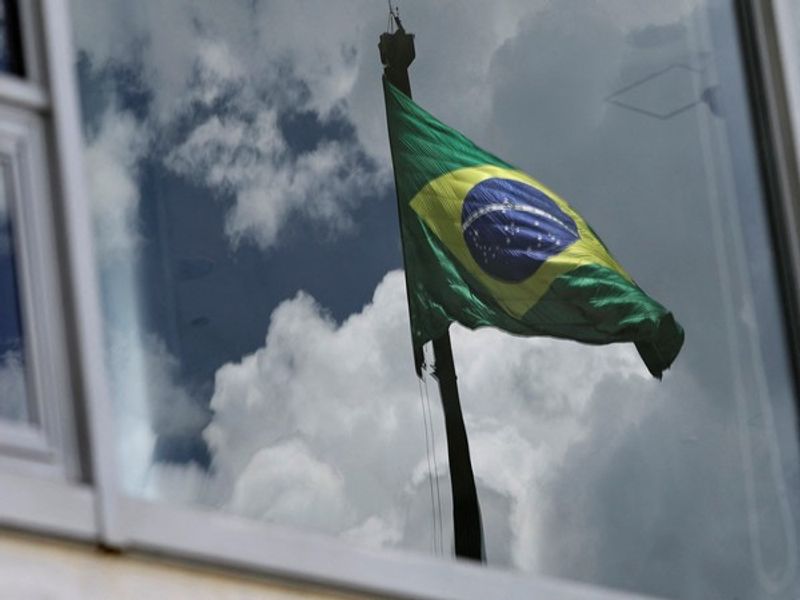When world leaders go to Brazil in November for the United Nations’ annual climate negotiations, poverty, deforestation and much of the world’s troubles will be right in their faces — by design.In past conference cities — including resort areas and playgrounds for the rich such as Bali, Cancun, Paris, Sharm El-Sheikh and Dubai — host nations show off both their amenities and what their communities have done about climate change.But this fall’s conference is in a high-poverty city on the edge of the Amazon to demonstrate what needs to be done, said the diplomat who will run the mega-negotiations in Belem known as COP30, or Conference of Parties.“We cannot hide the fact that we are in the world with lots of inequalities and where sustainability and fighting climate change is something that has to get closer to people,” André Corrêa do Lago, president of the COP30, said. That’s what Brazilian President President Luiz Inacio Lula da Silva has in mind, he said. “When people will go to Belem, you are going to see a developing country and city with considerable infrastructure issues still with, in relative terms, a high percentage of poverty,” do Lago added.This is a significant year for negotiations. The 2015 Paris climate agreement required countries to come up with their own plans to reduce the emissions of heat-trapping gases from the burning of coal and natural gas and then to update those plans every five years. This year, every nation — the US, historically the biggest polluter, withdrew from the accord earlier this year — has to submit their first plan update.


